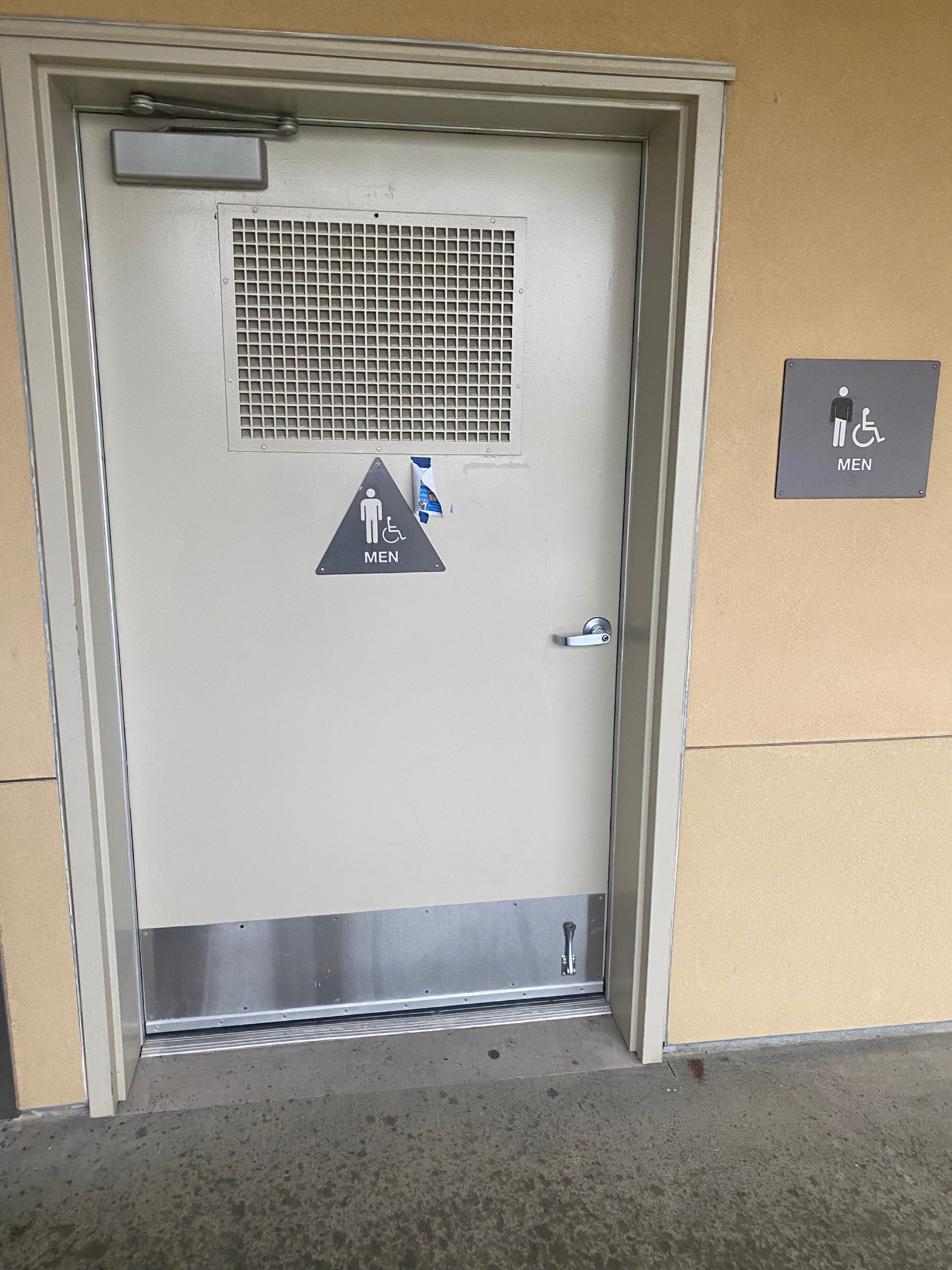A Different Perspective on Learning: I. B. Programme
Eagle time: Oct 30, 2016
Cordova High has recently adopted The International Baccalaureate Programme. This program enables students to engage with others of diverse cultures, and with the completion of this rigorous two-year program, it grants students with up to twenty semesters worth of college credit on top of their high school diplomas.
Millions of schools worldwide have the International Baccalaureate Programme, also known as IB, educating over one million students worldwide. The non-profit organization has spread this program globally, creating many IB schools throughout nations. Just in America, 61.1 percent of IB schools have been created and the stand-alone IB program has been put into effect in 57.3 percent of schools.
The preparation for the IB curriculum can begin as early as 6th grade in the Middle Years Programme, which is continued until 10th grade. After the Middle Years Programme, students can apply for the two-year Diploma Programme for 11th to 12th grades. To complete the Diploma Programme, IB offers a choice of five higher-level courses and nine standard-level courses, requiring students to take three of each over the course of two years (not including electives).
The higher level courses are essentially equivalent to Advanced Placement (AP) classes offered at a traditional high school, as it offers the weighted GPA boost. However, the IB program not only focuses on the course of study but while developing their academic, social and emotional characteristics, it also includes the development of fluency in another language, leadership projects, voluntary service, essay preparation and an introduction to Theory of Knowledge. This foundation prepares the students for college curriculum and its style of learning.
“The IB program is a holistic approach to education, which offers rigor at every level of instruction, but also the ability for students to specialize in what they’re passionate about,” said Rachel Nguyen, the coordinator of the Diploma Programme at Cordova High.
According to the International Baccalaureate website, students benefit from the program by being “encouraged to think independently and drive their own learning.”
Nguyen agrees that the integrated core knowledge of the IB program “creates a context for students to become well-rounded learners who are engaged in their community but mindful of the international community.”
Instead of basing the students’ learning solely out of textbooks, teachers introduce more discussions lead by students. Similarly, we see these sometimes in the classrooms of Vista del Lago as “Socratic seminars”. By allowing students to lead discussions, it enables them to think and come up with their own ideas while being able to build upon others’ ideas and establish teamwork skills as well.
As can be seen, cultural diversity is included in their curriculum and encouraged within this program as well. In a classroom of thirty-six bodies, Nguyen reports sixteen cultures were represented. “Every student brings in different traditions, different stories, different perspectives, [which] is emphasized within their classes,” said Nguyen.
Our community, still new to the IB program, has their own views on this method of learning and teaching.
“IB is fundamentally the same as AP but more difficult. I think the only reason why someone would take IB over AP is if they want to go to college in a foreign country,” said junior Lance Padilla at Vista.
Kelly Hillesland, a teacher at Vista, has prior knowledge of this program as she studied in Montreal, Canada, for a week along with other Folsom Cordova educators. Hillesland said the program is strong in how it “demands that students get a more worldly perspective… It takes into account points of view beyond just our country. Also with IB, there’s a lot of integration between the classes [regular and AP].”
Schools often choose AP over IB because of the fact that IB is a more challenging, academic curriculum. Although both AP and IB offer college credit, “…only about 830 schools offer the IB diploma… Nearly 14,000 public high schools offered AP courses during the 2012-2013 school year,” according to US News.
Vista students will continue to have its normal classes (including AP) available to students who do not wish to participate in the IB program; this also allows the IB students to continue with their desired electives on top of their higher and standard level classes.
The IB programs offer worldly perspectives that engage students at Vista into a more engaging and dynamic way of learning.










































Rona • Nov 1, 2016 at 12:22 pm
Great job in your first published article, Rayna! I believe that it was pretty thorough and shows how much evidence you researched in order to give your readers insight to not just opposing ends, but also an independent.